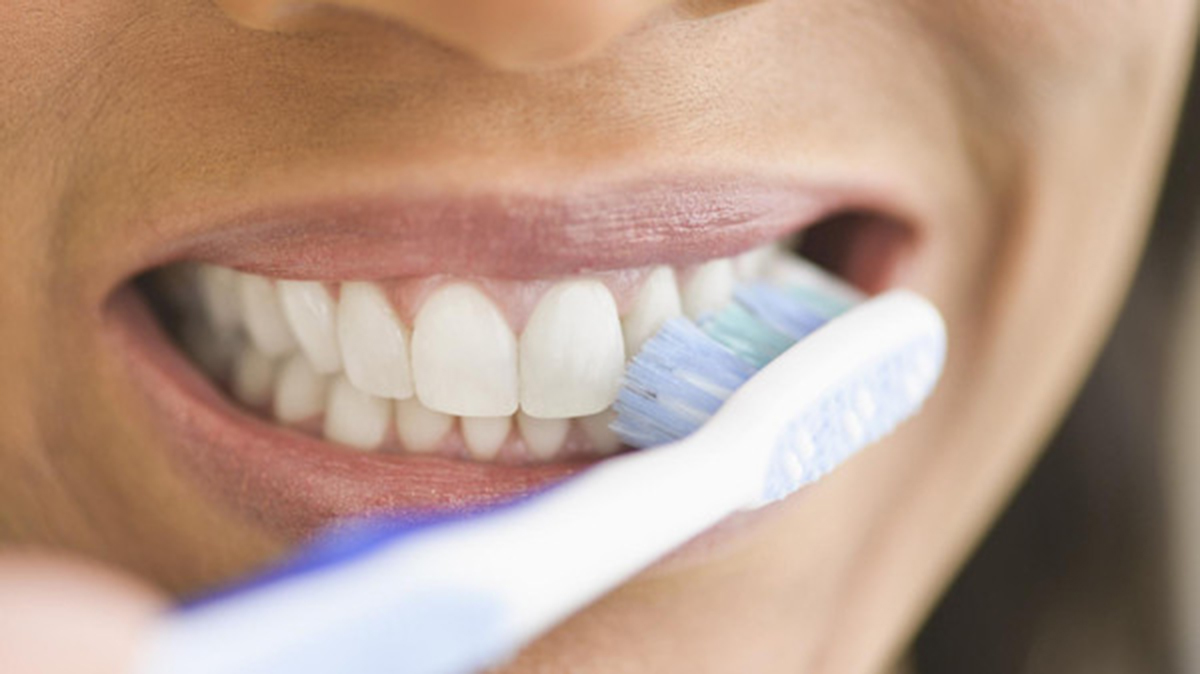Table of Contents
The treatment of diseases during pregnancy is a challenge for medical practitioners. Most people are extremely wary of taking any sort of medication for fear that it may affect the developing fetus. Doctors, too will always have the potential side effects in the back of their mind, while a large number of procedures and medicines are outright not available to be used during pregnancy.

1. Bleeding From The Gums
Bleeding from the gums is one of the first signs of gingivitis. Since gingivitis is painless, seeing blood from their mouth during brushing, eating or even spontaneously is one of the first things that gets people rushing to the dentist. In pregnancy, certain changes take place in the gums. They include an increase in the vascularization of tissues. These newly formed blood vessels are immature and close to the surface and so extremely prone to bleeding.
It was earlier thought that since this is a physiologic change of the body during pregnancy there is no way that one can prevent it. Newer knowledge has shown that this bleeding can be prevented if the patient undergoes a scaling to remove the plaque from the surfaces of the teeth before planning pregnancy.
That is the reason that women who have never had issues with dental hygiene and gingival bleeding before in their lives start to experience them during pregnancy. In fact, this condition is referred to as pregnancy gingivitis. It will resolve on its own soon after childbirth as the hormonal levels return to normal.
2. Pregnancy Tumor
This ominous-sounding condition is actually completely harmless and quite common in pregnant women. A pregnancy tumor refers to a growth or a swelling seen on the gums. This condition can sometimes be mistaken for a peri-apical abscess or even a periodontal abscess as they can appear similar on clinical examination.
Depending upon the location and size of the pregnancy tumor your doctor may decide to excise it under local anesthesia or leave it as it is. This growth will automatically disappear a few days after child birth. One of the reasons why most clinicians prefer to leave the growth in its place is because these tend to recur in a large majority of the cases.
See Also: Complications Of Pregnancy You May Not Know About
The best way to prevent this condition from occurring is to go for a professional cleaning when you are planning to get pregnant and maintain good oral hygiene throughout your pregnancy.
- Photo courtesy of Mahmoud9725 via Flickr: www.flickr.com/photos/121843045@N05/13518727185
- Photo courtesy of Alenka_getman via Flickr: www.flickr.com/photos/8255045@N03/9199018355
- Photo courtesy of Alenka_getman via Flickr: www.flickr.com/photos/8255045@N03/9199018355
- Photo courtesy of Mahmoud9725 via Flickr: www.flickr.com/photos/121843045@N05/13518727185
- 1. http://www.webmd.com/oral-health/dental-care-pregnancy
- 2. http://oralb.com/en-us/oral-care-topics/dental-hygiene-during-pregnancy
- 3. http://www.knowyourteeth.com/infobites/abc/article/?abc=g&iid=325&aid=7586


Your thoughts on this